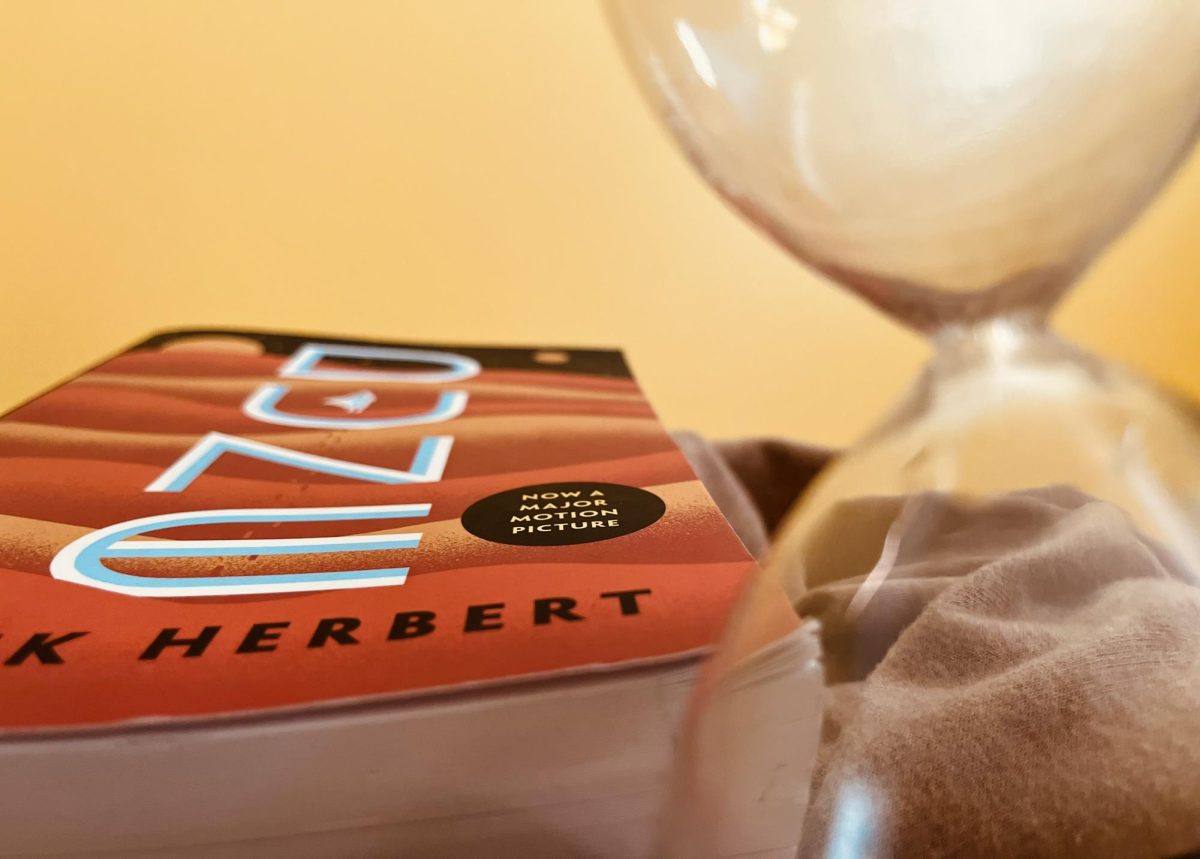“The hills are alive with the sound of music,” Maria sings in the iconic 1969 musical “The Sound of Music”. What she failed to mention was that in a world full of stimuli for every sense, sound can also be used to create a feeling of calm in the brain. Sound in the form of music can be a helpful way to tune out the overwhelming struggles in life regardless if the beat is bright and relaxing like the songs in previously mentioned musical or rhythmic like the rap songs that were created more recently. Through the creation of digital streaming apps such as Spotify and Apple Music, immediate access to music has led doctors and scientists to research whether or not music can be a relief from mental health problems. As the world experiences a drastic rise in stress because of academic worries and mismanaged social media, the world can turn to music as medicine (BALLARD BRIEF).
Over the years, scientists have been questioning how to help provide readily accessible mental health treatments for conditions such as Generalized Anxiety Disorder or depression. Recently, they have started to turn towards music as a suppressant of these incurable conditions because, according to Harvard Health Publishing, music boosts mood and well-being. Various people who have used music as medicine have experienced some positive benefits, such as mental relaxation that allows better sleep and motivation to keep moving and staying fit. It can also invoke feelings of joy and confidence, and improve one’s mood. Many psychologists believe that listening to music daily can have long-term positive effects on one’s physical health as well; however, long-term studies are still being performed and this data has not been confirmed yet.
While the benefits of music on physical health remain unclear, some health professionals such as therapists incorporate it into their practice. One of the most common and effective medical treatments that involves music is the use of music therapy. According to the National Library of Medicine, music therapy is the process of using music in a therapeutic situation to help individuals with making life decisions, dealing with mental disorders (such as Cerebral Palsy, Down Syndrome, Tourettes, and many others), and helping cope with traumatic or stressful events. Music therapy is used as its own therapeutic treatment, aiding those with various mental illnesses and disorders.
Music is not only an avenue of relief for those with disorders, as it eases the burden of everyday stress as well. Students involved in Tuscarora’s Fine Arts programs have opinions as to how music can help them in their day-to-day lives. Ava Peach, a senior and a member of Tuscarora Choir and Tuscarora Performing Arts, shares her experience with music helping her during rough times. “Whenever I have a rough day at school, like struggling with teachers who don’t listen, I like to just go in my car and just blast MCR and just… scream, yell the lyrics and it actually… helps calm me down,” Peach expressed. Out of the students interviewed, most shared that music has always been helpful in alleviating stress.
Alyce Snead, a junior and fellow member of the Tuscarora Choir and Tuscarora Performing Arts, shared how music genuinely improves her mood because of its rhythm. She explained that when she listens to music, she loses herself in the raw emotion and at the climax, “I was… so happy and I could feel… my mood kind of bubbling up and I don’t know how to describe it…”” The indescribable effect of music on mood and personal wellbeing shows that there is something more to music- a therapeutic note that both students and physicians alike are trying to catch.
The melodic pieces we frequently use for our entertainment have a double effect that may be more than what it looks like at the surface. From playing an instrument to listening to your favorite Taylor Swift song, a bad day can turn into a relaxing one. As research of this musical turned medical phenomenon continues, music may eventually show up on official treatment plans. Who knows? Maybe one day the doctor will prescribe Drake instead of drugs one day.












